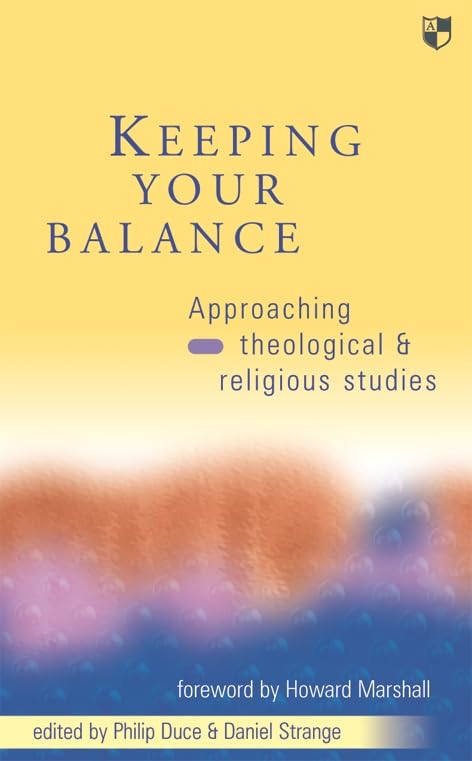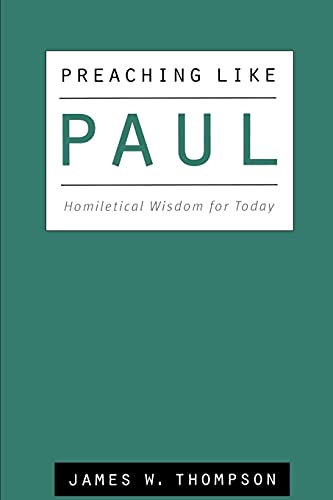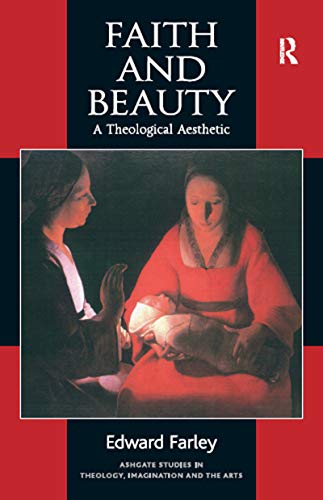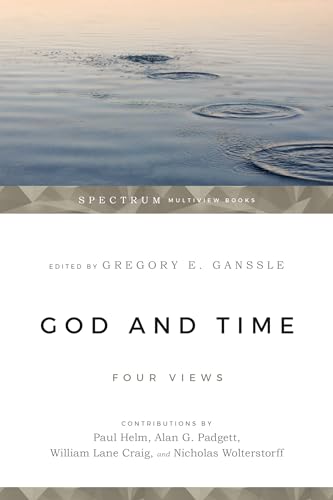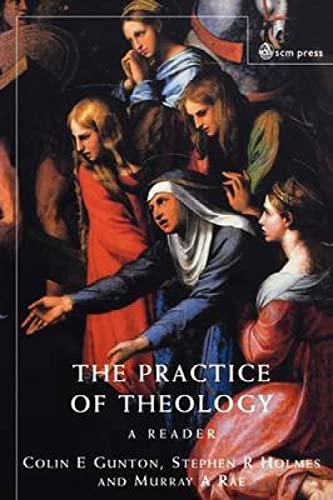KEEPING YOUR BALANCE: APPROACHING THEOLOGICAL AND RELIGIOUS STUDIES
Written by Philip Duce and Daniel Strange (eds) Reviewed By Ray Van NesteThis excellent book is a compilation of essays that address the crucial issues facing a student in theological and religious studies. Most of the essays were originally published individually by RTSF and so may be familiar to some readers already. It is a wonderful opportunity to have all of these essays in one volume.
The essays are presented in an order which suggests an intended flow of thought. The first two essays are concerned with getting ready to do theological study. David Field’s essay, ‘Approaching Theological Study’, does a fine job in discussing the real aim of such study, identifying common pitfalls and suggesting how to avoid them. Laura Jervis, herself a recent theology graduate, follows with some sane, practical advice on handling the challenges of such study in ‘A Survivor’s Guide: Things I wish I’d Been Told BeforeStudying Theology’.
The next two chapters lay the groundwork for actually doing theological study from an evangelical perspective. Nigel Cameron provides an outline for a proper theological method rooted in the authority and truthfulness of Scripture. Cameron provides solid footing for evangelical students as they encounter other views. Stephen Williams then tackles the issue of epistemology.
The next two chapters discuss living in the midst of and proclaiming out of theological study. David Cupples handles well the important issue of maintaining a devotional life that is integrated with and not divorced from one’s academic study. Without this integration, the academic study will have failed in its true purpose of growth in knowledge of God (the goal of such study as noted in Cameron’s essay). Martin Downes then provides a most excellent essay on preaching. In a collection of excellent essays this one stood out to me as a preacher myself. There is not enough space to enter into his argument, so I will simply say that this article has become one of a few which I seek to disseminate to as many preachers as possible. Downes calls for God-centred, substantial, earnest sermons—and may we have more of them. I am pleased that a book on theological education has included a chapter on preaching since so much of theological education today seems to have lost sight of preaching as one (if not the most important) of its aims.
Finally, Carl Trueman’s essay, ‘The Importance of Being Earnest’ (previously published in Themelios), serves as the capstone, summarising the argument of the book. In the essay (which I have made required reading for my students) Trueman is at his ‘Warfield-esque’ best, calling for a passionate integration of mind and heart, showing that at the end of the day, theology is for the church first—not the academy. In essence the academy is the handmaiden of the church, an insolent handmaiden at times, but a handmaiden nonetheless for the Groom has chosen the Church as his Bride.
In summary, these essays are excellent and Duce and Strange have placed theology students in their debt by compiling these essays in one volume. They are obviously aimed at the British scene, so some points may be obscure to American readers, though the key issues apply clearly. The work of the church in Britain would be greatly enhanced if a copy of this book came into the hands of every student of theology.
Ray Van Neste
Ray Van Neste is professor of biblical studies and director of the R. C. Ryan Center for Biblical Studies at Union University in Jackson, Tennessee.


